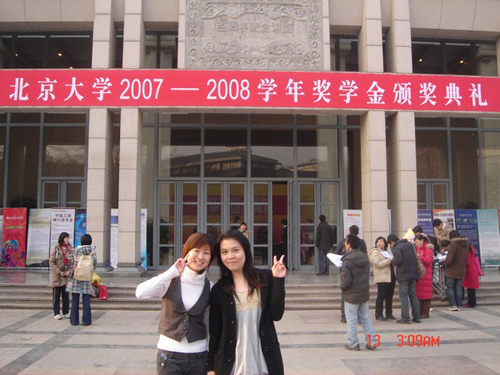
During the course of a visit to Yale University, I had the pleasure of meeting up with Yale student Lun Pei Ng.
Lun Pei is a 1st year graduate student at Yale School of Public Health, concentrating in Epidemiology of Microbial Diseases. She graduated from Peking University Health Science Center as a medical student in 2011. Her interests lie in infectious disease control as well as health care management. As a Hong Kong resident, she is passionate about applying her knowledge in medicine and public health to promote health and wellness in Hong Kong and China after graduation.
I invited Lun Pei, with her China/US education perspectives, to contribute to this week’s edition of The Global Search for Education.
What did you find to be the best parts of your Chinese secondary school in your preparation to pursue your life goals? What would you like to have seen more or less of?
We have a high standard for quantitative subjects like math, physics and chemistry. We go deeply into each question and try to understand the origin of the most important formulas before using it in different settings. These practices help us view problems in a more detailed and logical way, even for those who later pursue a career in arts. Moreover, since we go deeply into these subjects and students have the chance to participate in the Nationwide Olympic Games for Science (which requires knowledge comparable to university level), this overall approach is a good platform for students to see if they really have interest in these areas.
However, I think we could do more to integrate the things we learn into solving practical problems, for instance, using theories in physics and chemistry to explain real life problems and encourage students to think on their own.
Also, I think it would be better if we had fewer requirements of formula memorization, and were allowed to use calculators for complex calculations in tests. In this way, learning would be more efficient and more focus could be put on methods instead of results.
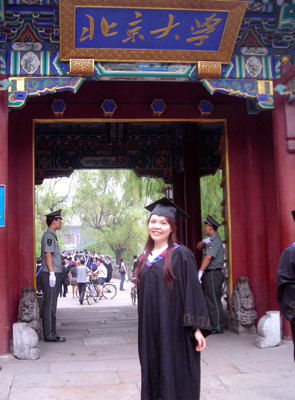
What are your views about standardized testing in high school? How much reliance should be placed upon it to measure the effectiveness of teachers and the capabilities of students?
Personally I think it’s fair to use a uniform system to test all students in a single subject, especially for a country with as big a population as China. The tests also serve as a guide for teachers to find where their emphasis should be. Although the result for a single exam may not fully represent your capabilities, the long-term record does help explain the difference in students’ abilities. In terms of measuring the effectiveness of teachers, I think it’s somewhat useful if we look at the trend of the whole class instead of just comparing the mean score of different classes.
I think it is important for universities to set benchmarks for test scores for admission. But once a person passes the benchmark, more emphasis should be put into evaluating a person’s experience, and whether he/she would be a good fit for the field.
Based on your personal experience, how would you compare your first tier Chinese university experience at Peking University with your first tier university education in the US at Yale University?
Since I was studying medicine at Peking University and changed to Public Health at Yale, it’s not a direct comparison with regard to curricula. But based on my personal experience and information from my classmates, I think the courses at Yale are more practical and applicable to real life, and the curriculum content is updated much faster (e.g. new articles on the effectiveness of HPV vaccine were introduced while we were learning the topic). The homework, case studies and projects require a combination of different skills rather than text memorization, designed to give us the chance to apply theories to practice. Also, this provides a good platform for idea sharing and group assignments. I think my abilities in creative and critical thinking have significantly improved at Yale.
The courses are well connected to each other. More resources are given to the individual, e.g. everyone has an advisor to help answer academic questions and guide his career choices. Professors are very accessible and encourage different ideas from students. The program gives you the basic skills you need in your future work and helps you figure out what your real interest is.
Interaction among different schools and majors is highly encouraged; for example, there are joint courses provided to Public Health and Law School students, and you can select courses from different schools. One thing that impressed me a lot is the efficient use of different media tools (like email and facebook) in spreading academic news, and you can get almost all the information you need from the Internet.
However, I think sometimes the atmosphere of classes in the US is too loose and random. Students are encouraged to raise questions but in my opinion this is excessive. Students in China tend to think twice before raising a question. Maybe that’s due to the cultural difference but this actually helped improve the efficiency of a class.
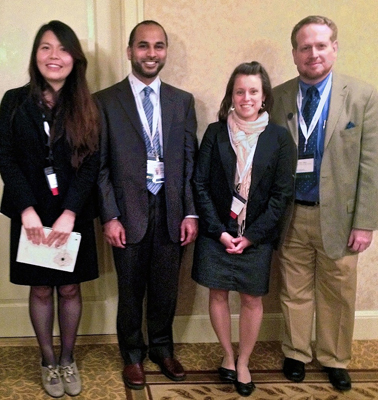
What do you think can be done to better address the emotional well-being and intellectual potential of the individual, which appear to be suffering under current secondary school education systems in China?
First of all, I think professional career offices are needed in schools to help students figure out what their real interests are and provide more information on relevant programs in different universities. Students would have strong motivation to study if they realized the things they are learning were useful for their future goals, and maybe the learning process itself would be less stressful. Many high school students in China apply for a program in the university with little information about it.
Also, it’s important to gradually change the admission evaluation system for higher education in China to have a more comprehensive view of an applicant. This would include taking into account achievements in sports, arts and community service in addition to test scores. However, the system should be clearly communicated and documented to avoid being abused by some institutes or individuals. It may also be a good idea to put more weight on the test score of subjects related to the future interests of the applicant instead of just looking at the score as a simple result.
What advantages and disadvantages does a US university degree have compared with a Chinese university degree for a Chinese person?
If you plan to stay in the US, a US university degree would help you better adapt to the environment and culture, and also build up your network of contacts.
If you are planning to pursue your career in China, a degree in a Chinese university will give you a deeper understanding of the country’s political, economic, and other systems and a better network of contacts. Since there are increasing opportunities for Chinese students to study in the US today, if the university in US is not well known in China, people might think that you have chosen to study abroad only because you cannot get into a first tier university in China.
I think that in the first one or two years of university, you will gain knowledge in more areas in the US universities and then you can focus on one or two majors. In China, you will get involved in a specific area at the very beginning. So it may be good for people still searching for their interest to begin their journey in a university with a US like system, but if you already have a clear goal in mind, you may save some time studying in the Chinese universities (for instance, you can save 4-5 years to get a medical degree in China.)
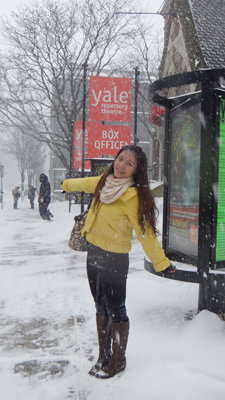
From a broader perspective, does your country’s definition of educational excellence take into account the quality of life of individuals and of society?
I think educational excellence has a different definition and emphasis for the different stages of education. Before university, more focus is placed on a student’s ability to get higher scores, which may lower the quality of an individual’s life since he may need to sacrifice his interests in the arts or social work to make room for study. The test result is the main concern in terms of educational excellence.
In higher education, the general perception of successful education is that what you learn will equip you to find a good job or get into a lucrative industry. I feel that the quality of life, which includes the balance between one’s interest and job pay, is a broader concept related to a society’s standard of success and not just educational excellence. In a developing country like China, the scale tilts to the side of payment.
The quality of society, in my opinion, must always be considered in educational excellence. If one can use his knowledge and creativity to better serve the community, help address social problems, and improve public health, this should be viewed as representative of an excellent educational system.
However, China’s definition of educational excellence has changed a lot and more attention is also placed on whether one is enjoying his job rather than just on his productivity. But still there’s a gap in the definition between secondary and higher-level education, which could be a barrier in preparing our future generations to achieve their goals.
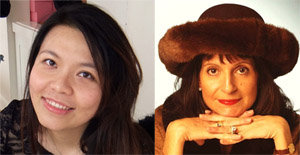
Photos courtesy of Lun Pei Ng.
In The Global Search for Education, join me and globally renowned thought leaders including Sir Michael Barber (UK), Dr. Michael Block (US), Dr. Leon Botstein (US), Professor Clay Christensen (US), Dr. Linda Darling-Hammond (US), Dr. Madhav Chavan (India), Professor Michael Fullan (Canada), Professor Howard Gardner (US), Professor Yvonne Hellman (The Netherlands), Professor Kristin Helstad (Norway), Jean Hendrickson (US), Professor Rose Hipkins (New Zealand), Professor Cornelia Hoogland (Canada), Mme. Chantal Kaufmann (Belgium), Dr. Eija Kauppinen (Finland), State Secretary Tapio Kosunen (Finland), Professor Dominique Lafontaine (Belgium), Professor Hugh Lauder (UK), Professor Ben Levin (Canada), Professor Barry McGaw (Australia), Shiv Nadar (India), Professor R. Natarajan (India), Dr. Pak Tee Ng (Singapore), Dr. Denise Pope (US), Sridhar Rajagopalan (India), Dr. Diane Ravitch (US), Sir Ken Robinson (UK), Professor Pasi Sahlberg (Finland), Andreas Schleicher (PISA, OECD), Dr. Anthony Seldon (UK), Dr. David Shaffer (US), Dr. Kirsten Sivesind (Norway), Chancellor Stephen Spahn (US), Yves Theze (Lycee Francais US), Professor Charles Ungerleider (Canada), Professor Tony Wagner (US), Sir David Watson (UK), Professor Dylan Wiliam (UK), Dr. Mark Wormald (UK), Professor Theo Wubbels (The Netherlands), Professor Michael Young (UK), and Professor Minxuan Zhang (China) as they explore the big picture education questions that all nations face today. The Global Search for Education Community Page
C. M. Rubin is the author of two widely read online series for which she received a 2011 Upton Sinclair award, “The Global Search for Education” and “How Will We Read?” She is also the author of three bestselling books, including The Real Alice in Wonderland.
Follow C. M. Rubin on Twitter: www.twitter.com/@cmrubinworld


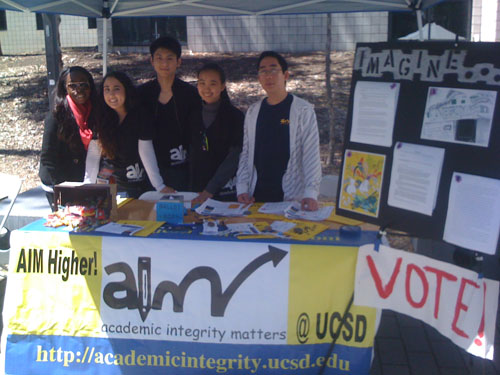
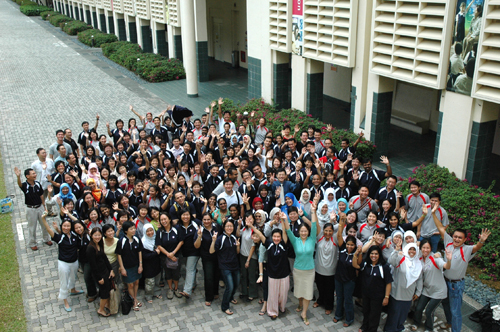
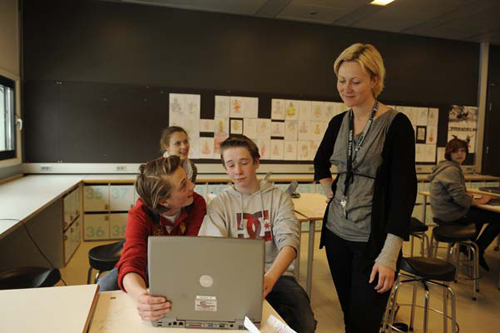
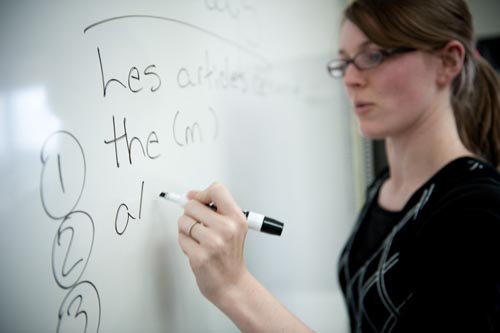
Recent Comments